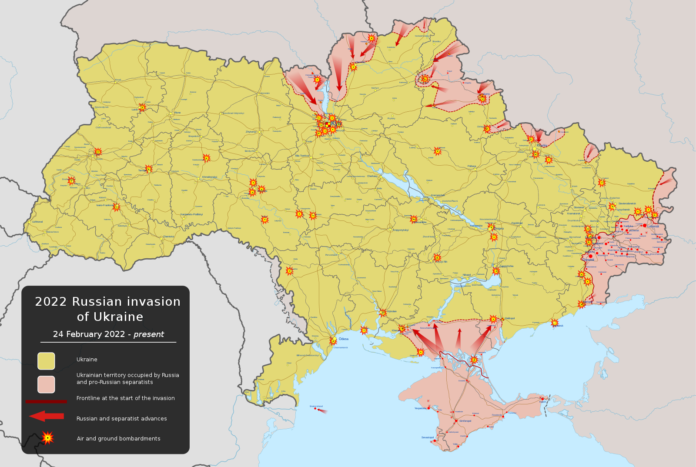WASHINGTON (washingtonexaminer.com) — Al Qaeda leader Osama bin Laden famously said, “When people see a strong horse and a weak horse, by nature, they will like the strong horse.”
To bin Laden, President Ronald Reagan’s withdrawal from Lebanon in the wake of Iran’s early 1980s terror and kidnapping campaign, and then the Clinton withdrawal from Somalia after the “Black Hawk Down” episode, showed the United States to be a paper tiger. Terrorism, in bin Laden’s mind, worked before and would work again.
Today, Russia is on the warpath.
Russian President Vladimir Putin speaks like a strongman, but Russia is not a particularly strong country. Its economy is smaller than Italy’s and not much larger than Spain’s. The US economy is more than 13 times that of Russia, even though our population is only slightly more than twice that of Russia. In essence, Putin is like a poker player who wins with a pair of two by outbluffing an opponent who has a royal flush.
Under such circumstances, it is no surprise that Putin is now collecting a pot far larger than Ukraine. Apologists for Azerbaijan’s dictatorship have long argued that US support for Azeri dictator Ilham Aliyev is crucial because he represents a hedge against both Russia and Iran.








